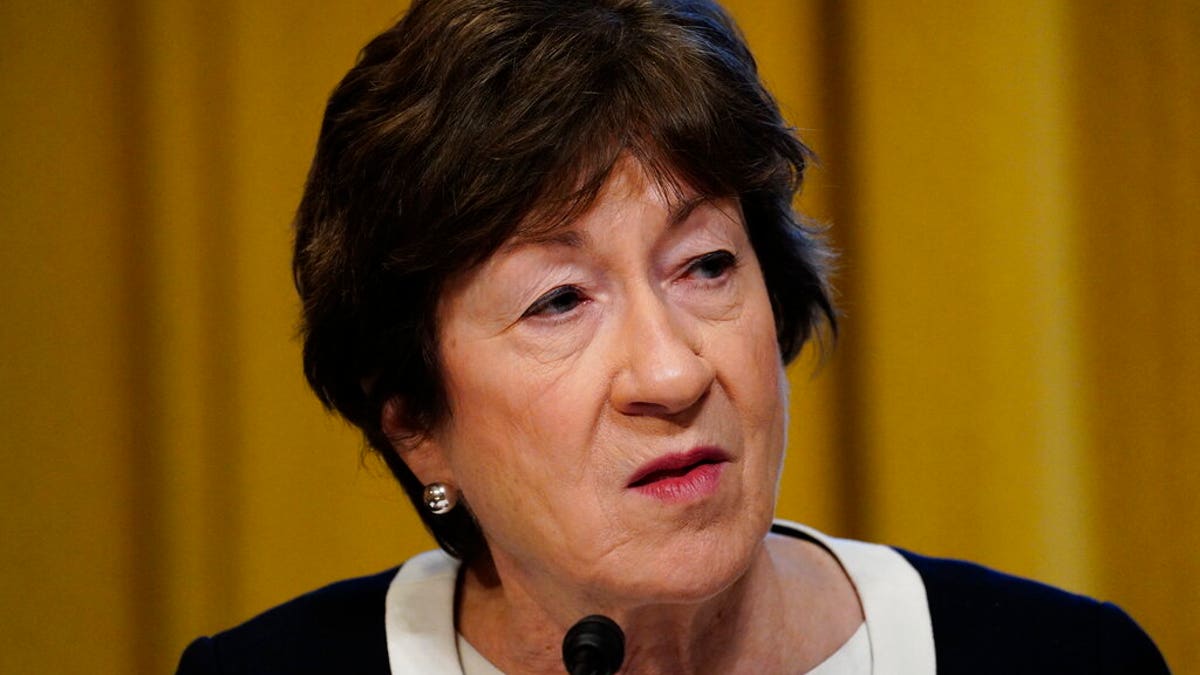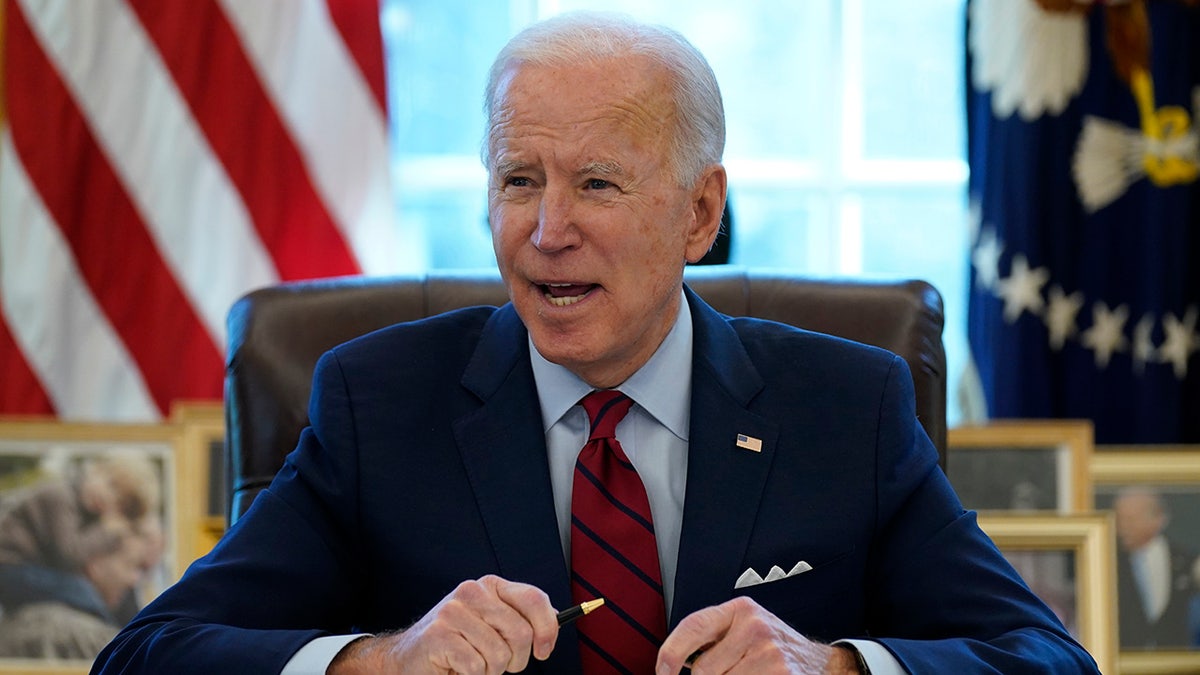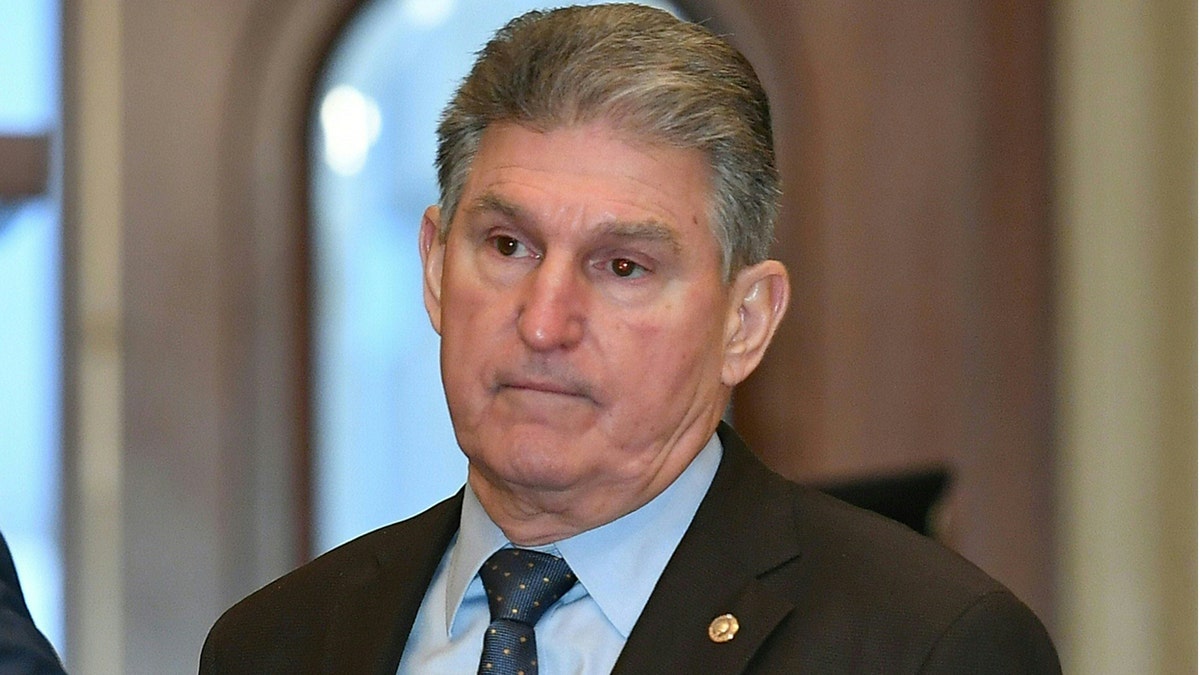Republican senators to make counteroffer to Biden's $1.9T COVID-19 plan
GOP senators to meet with President Joe Biden on coronavirus relief; reaction from Rep. Fred Keller.
The signature early-presidency achievement of former President Barack Obama, the Affordable Care Act (ACA), was passed with a parliamentary tool called budget reconciliation which allows lawmakers to circumvent a Senate filibuster.
That may end up being the case for President Biden, too, if Democrats continue on their current path.
Monday afternoon, however, Biden will meet with a few Republican senators in what could be a step to avoiding that and passing a bipartisan bill. A group of 10 Republican senators led by Sen. Susan Collins, R-Maine, on Sunday announced a proposal for coronavirus relief, which Biden invited them to the White House to discuss Monday.
Those 10 Republicans, plus 50 Senate Democrats, could overcome a filibuster by other Republicans and allow a coronavirus package to get to Biden's desk without needing to go through reconciliation.

Sen. Susan Collins, R-Maine, speaks during a confirmation hearing for President-elect Joe Biden’s pick for national intelligence director Avril Haines before the Senate intelligence committee on Tuesday, Jan. 19, 2021, in Washington. (Melina Mara/The Washington Post via AP, Pool)
But the gulf between the $1.9 trillion package proposed by Biden and the slightly over $600 billion offer from the Republicans makes clear there are still significant differences between Biden and even the moderate Republicans.
The Monday meeting, White House press secretary Jen Psaki said, is not "a forum for the president to make or accept an offer."
"[Biden's] view is that the size of the package needs to be commensurate with the size of the crises we're facing," she continued. "The components that are in [the Biden proposal] are the basis of what should garner bipartisan support."
But even if there aren't any Republicans who support Biden's coronavirus plan, the White House still says the bill can be "bipartisan" by gaining public support.
"He's facing the deepest problems but the biggest opportunities of any president probably since FDR," Biden adviser Anita Dunn told CNN. "Even with narrow majorities in Congress, he has the opportunity to build broad bipartisan support for his program -- not necessarily in Congress but with the American people."

President Joe Biden signs a series of executive orders on health care, in the Oval Office of the White House, Thursday, Jan. 28, 2021, in Washington. (AP Photo/Evan Vucci) ((AP Photo/Evan Vucci))
10 REPUBLICAN SENATORS AGREE TO MEET WITH BIDEN TO TALK COVID-19 RELIEF
Democrats remember how blanket GOP opposition in Congress hamstrung some of the Obama administration's agenda early in his term. This eventually led them to pass the Affordable Care Act (ACA), also known as ObamaCare, via budget reconciliation. Notably, Republicans did the same in an attempt to repeal the ACA under Trump, and they successfully used it to pass the major 2017 tax cuts.
The budget reconciliation push will begin in earnest this week when Democratic leaders in both chambers introduce budget resolutions. Those will be the vehicles in which the actual coronavirus aid plan is later placed.
This parliamentary gambit, which Congress can only use once each fiscal year, caps debate on legislation in the Senate, which is normally unlimited, to 20 hours. After that runs out, further amendments that are proposed to the bill are dispensed of in quick succession without debate. That process, according to the Congressional Research Service, is called a "vote-a-rama."
According to Punchbowl News, Republicans are expected to introduce more than 1,000 amendments in a vote-a-rama on the coronavirus relief.
WHAT'S IN BIDEN'S $1.9T STIMULUS PLAN?
There will also be a process in which elements of the bill are scrutinized to see whether they have actual budget implications. They can be stripped from the bill if they are considered extraneous, per what's known as the "Byrd rule."

Senator Joe Manchin (D-WV)arrives for the impeachment trial of US President Donald Trump on Capitol Hill January 30, 2020, in Washington, DC. (Photo by Mandel NGAN / AFP) (Photo by MANDEL NGAN/AFP via Getty Images) (Getty Images)
But even if Democrats move forward with a reconciliation push, it's not clear that they actually would have the votes within their own caucus to jam through Biden's coronavirus plan. Democrats hold a slim 10-vote majority in the House which could dwindle if some of Biden's Cabinet picks who are sitting House members are quickly confirmed.
And the Senate is famously split 50-50 along party lines, and some moderate Senate Democrats are not guaranteed to vote for Biden's coronavirus proposal.
NEW REPUBLICAN STIMULUS PROPOSAL WOULD COST $600B, INCLUDE MORE DIRECT CHECKS: WHAT TO KNOW
A sign that the White House recognizes this reality is the fact Vice President Kamala Harris did interviews last week with local TV stations in both West Virginia and Arizona, the home states of moderate Sens. Joe Manchin and Kyrsten Sinema, respectively.
The move was a surprise to at least Manchin, who criticized the White House.
"I saw [the interview], I couldn’t believe it. No one called me [about it]," Manchin later told WSAZ. "We’re going to try to find a bipartisan pathway forward, but we need to work together. That’s not a way of working together."
CLICK HERE TO GET THE FOX NEWS APP
Manchin's office declined to specify whether he would support Biden's $1.9 trillion proposal if Democrats tried to push it through via reconciliation.
"Senator Manchin is still committed to a bipartisan path forward," a spokesperson said.
Sinema's office did not immediately return a request for comment from Fox News.
Fox News' Chad Pergram contributed to this report.






















